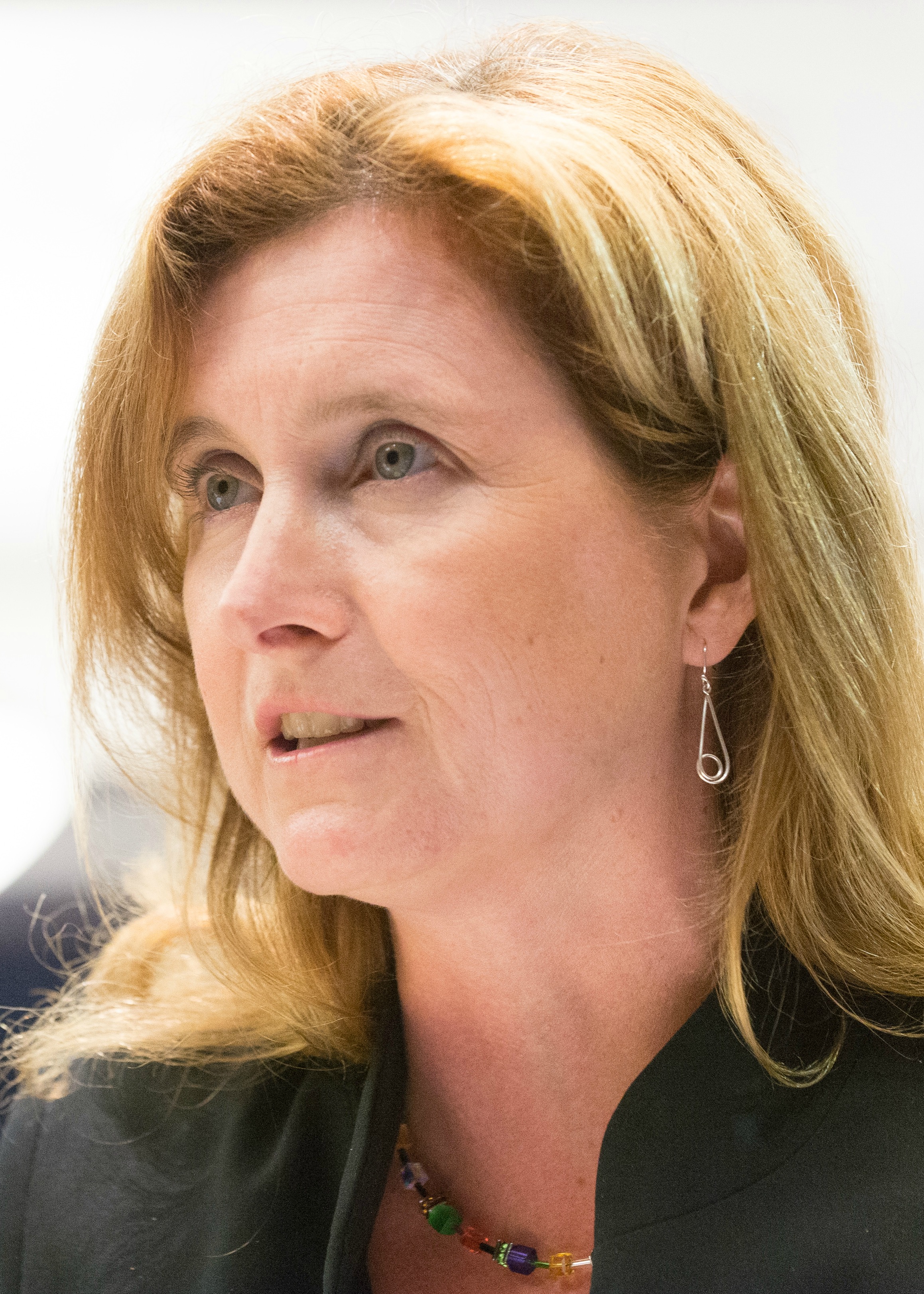Dr. Valery Perry was one of four expert witnesses at the Helsinki Commission’s May 25, 2016 hearing, “Combatting Corruption in Bosnia and Herzegovina.”
Dr. Perry’s interest in Bosnia began in 1997, when she helped supervise the country’s first municipal elections. Seeing it as a “fascinating example of a peace process,” she completed her Ph.D. research in Bosnia while simultaneously working for several organizations on aspects of peace implementation, democratization, and good governance.
During the early post-war years, Perry believes that many Bosnians felt that the situation in the country was improving. However, today there seems to be a sense that the country’s development has not only stagnated, but may even be regressing.
During the negotiations of the Dayton Accords, Bosnian citizens were not consulted about the ramifications of the agreement or the new constitution, Perry notes, although they have had to live with the consequences.
“It’s troubling for me to think that the United States and some of its allies put in place a peace agreement and a framework constitution that may have served its purpose at one point, but is now actually limiting the ability for citizens to create the vision that they want and to hold their leaders accountable,” she says.
“One thing you hear all the time when you talk to people who are from Sarajevo is that the city was very different before the war,” Perry continues. “There are so many people in Bosnia who just want the same things anyone anywhere wants – a decent job, good education for their children, safe streets…. and yet they are so poorly served by this post-war system.”
As a result, she observes, the lack of social trust in Bosnia is pervasive. “There’s almost a built-in, learned helplessness, especially among young people who have grown up in a fairly dysfunctional system…assuming that if they don’t join a political party they’ll never get a job, and if they’re not prepared to either use connections or possibly even pay a bribe they won’t pass their exams at the university.”
“It became very clear to me that corruption is at the heart of what happens when you don’t have good governance, when you don’t have an accountable electoral system, when you don’t have independent media, and when you don’t have a functioning judiciary,” she says.
For example, in Bosnia it is rare to hear of corruption cases that are investigated, prosecuted, and have successfully progressed through the entire appeals process.
“The judicial system is really not independent,” she says. “We see a lot of cases where someone is found guilty of corruption or abuse of office, but then there are simply repeated appeals until they get the judge and the decision that they want…everything is politicized and divided according to ethnic and national affiliation rather than merit and civic responsibility.”
As a first step to addressing the systematic corruption, Perry recommends strengthening laws on conflict of interest, political party financing and state enterprise regulation and transparency.
“It would be useful to look at a number of pieces of legislation that are either weak or have recently been weakened, and try to strengthen those…any reforms that lead to legislation need to be accompanied by very clear articulation of which agencies are competent and responsible for seeing them through,” she suggests. “There [also] needs to be vigorous oversight by investigative journalists and civil society actors and others to move forward.”
According to Perry, the United States and the international community can support anti-corruption efforts, but the challenge is complicated. “These issues should become a part of election campaigns and debates,” she says. “I think that this is where the US and other international actors involved in Bosnia can get involved as well: by supporting activists and citizens who are in the public debate and together asking, why any officials or candidates would be against more transparency in terms of appointment to the enterprises, or support opaque financing from the public purse?”
In addition to her anti-corruption work, Dr. Perry is also working on a documentary film – “Looking for Dayton” – which follows the experience of three men who fought in Sarajevo during the siege and who visit the US and Dayton Ohio 20 years after the end of the war to find out more about the place that shaped the peace and the Dayton Agreement.
She says, “We have a lot of work to do but we’re hoping to use the medium of film to tell a story that is interesting in terms of broader issues related to war and its aftermath and its effect on regular people.”





